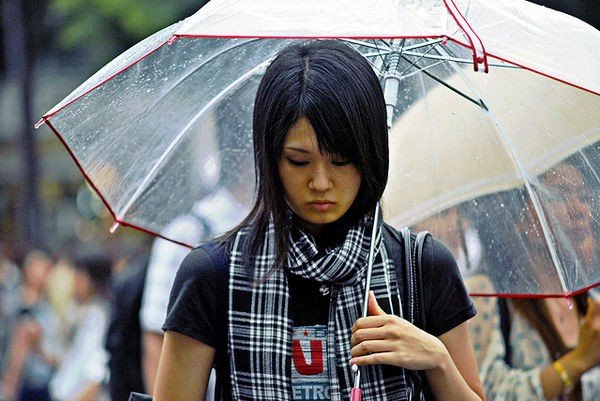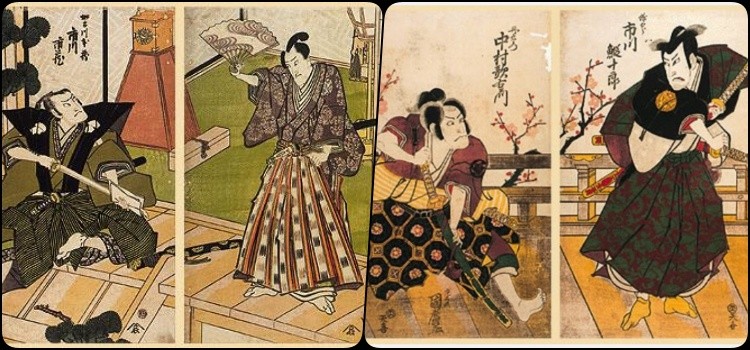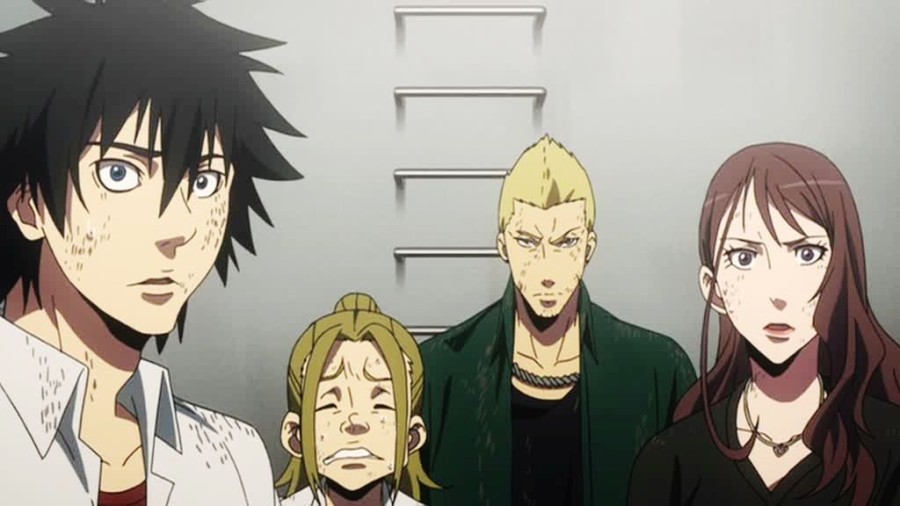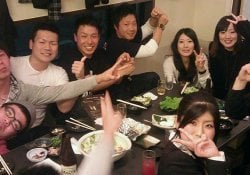Na japanese society, guilt is a feeling rooted in factors historical and cultural, so that all social relationships end up being “bathed” by an ambiguous wording that seeks to avoid, at all costs, offending others and, by extension, escaping blame. That's where excuses come from.
The excess of apologies is, in this sense, a result of the difficulty with which the Japanese deal or try to deal with the problem of guilt, as well as the problem of excessive politeness, which can be seen in contexts where even celebrations, thanksgiving and ceremonial contemplation should be the emotional focus of the situation.
Therefore, we often see words like sumimasen having different uses and meanings, since it is a word that covers different translations, becoming a thank you or a request for permission.
Click here and read our article teaching 23 ways to apologize in Japanese!

In this article, we will understand the reasons that made the Japanese people become passionate about using apologetic expressions in everyday life. And we will also explain about the origin of the feeling of guilt in the Japanese.
Índice de Conteúdo
Samurai: The Origin of Guilt

You Samurais they were Japanese who constantly fought in battles for territory, guided by moral values of honor, obedience and respect before a feudal land lord. Courageous figures, focused on the fulfillment of hierarchy, discipline and loyalty. By dishonoring their commitments, they self-mutilated in a practice called Seppuku (or Harakiri). Cutting off one's own womb and, consequently, suicide was the only way some samurai believed that they could compensate for a certain dishonorable conduct.
This practice lasted longer, even with the end of the samurai and the feudal period, when during World War II, pilots of suicide planes targeted Pearl Harbor. These, in turn, became known as “kamikaze” (divine winds, in literal translation). Since ancient times, values from samurai culture and bushido (the samurai code of ethics) have remained present in the daily life of modern Japan, so that even today it is difficult for a Japanese to deal with guilt or feeling. dishonor before a superior.
In this way, we can believe that the origin of the feeling of guilt can come from habits rooted throughout the feudal period.
Apologies in Anime and Manga

In anime and manga it is very common to hear characters saying "gomen nasai", "gomen ne", "sumimasen" or even "suman". It is very likely that these are the most common words in an anime, along with words of thanks, such as "arigatou" and "doumo", which are also constantly inserted in dialogue.
Pop culture often reflects reality. In the specific case of apologies, it is no exaggeration to say that anime is quite faithful to what actually happens in real-life social relationships. When asking for help, requesting information, thanking, invading the personal space of the other, entering a place or simply asking not to be considered a nuisance, we will always hear a sumimasen.
Another situation of frequent use of excuses is when the Japanese ask for forgiveness for something they haven't done yet or that they think the other person may, for some reason, dislike (without necessarily being sure).
Too many words to apologize

Japanese is a language that has a huge amount of synonyms. There are numerous words with the meaning of “excuse”, with some differences in relation to the context of use and way of communicating.
Below, we will see a list of some terms that indicate an apology:
- Sumimasen
- Gomen nasai
- Sorry about that
- Sumimasen deshita
- Sumanai
- Suman
- Gomen ne
- Gomen
- Sumahen
- Moshiwake Arimasen
- Moshiwake Gozaimasen
- Moshiwakenai desu
- Moshiwakenai
What's up? Did you like the article? So like, comment and share!





